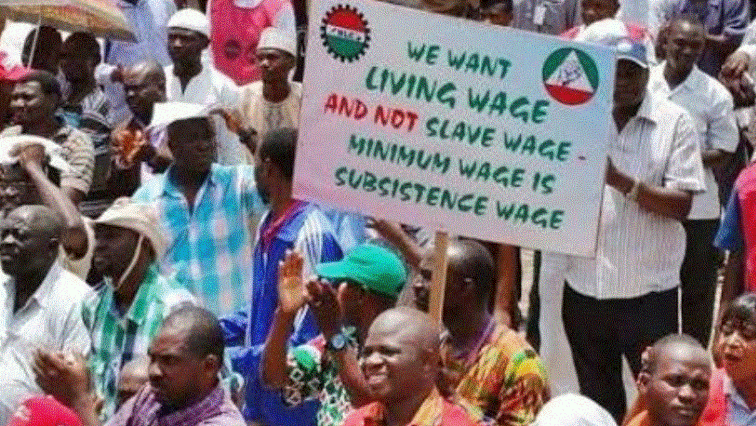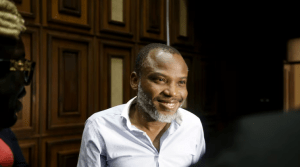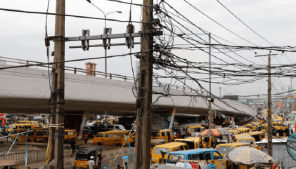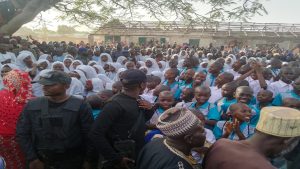Nigeria’s two main labour unions on Thursday began a national strike after talks about improved pay and conditions broke down with the government.
The blue collar Nigeria Labour Congress (NLC) and its white collar counterpart the Trade Union Congress (TUC) ordered its members out from midnight local time (2300 GMT Wednesday).
They intended it to involve the public and private sectors but there were indications from the capital, Abuja, and the economic hub, Lagos, that only government facilities were shut.
In Abuja, an AFP correspondent said there was near-total compliance by public sector workers but it was business as usual in the private sector.
The secretariat complex where most of the federal ministries and government agencies are situated was virtually deserted, along with the headquarters of the Federal Capital Territory.
“I came just to be sure of what is happening but found the gate under lock and key. I’m heading back home right away,” said Aisha Mohammed outside the Ministry of Foreign Affairs.
Labour leaders picketed the main entrance of their headquarters. Some state-sector schools were also shut but banks, shops, markets and other businesses appeared unaffected.
In Lagos, it was the same story. The state government premises in Ikeja were deserted while banks, markets, fuel stations and private shops were open.
NLC president Ayuba Wabba on Wednesday said the planned seven-day walk-out was a warning to force the government to reconvene a meeting negotiating a new minimum wage.
The unions have proposed a new monthly minimum wage of between 45,000 naira and 65,000 naira ($125-$180, 107-154 euros) as against the current 18,000 naira.
“There are clear signs that the government is not ready for a new national minimum wage,” said Wabba, adding “a mother of all strikes” would then be called if nothing was done.
Labour Minister Chris Ngige has called for a truce, saying further talks would resume on October 4 and involve representatives from all of Nigeria’s 36 states.
They have raised concerns about their ability to pay any increased wage. Most still owe their workers several months’ backpay, despite a huge cash bailout by the federal government.






